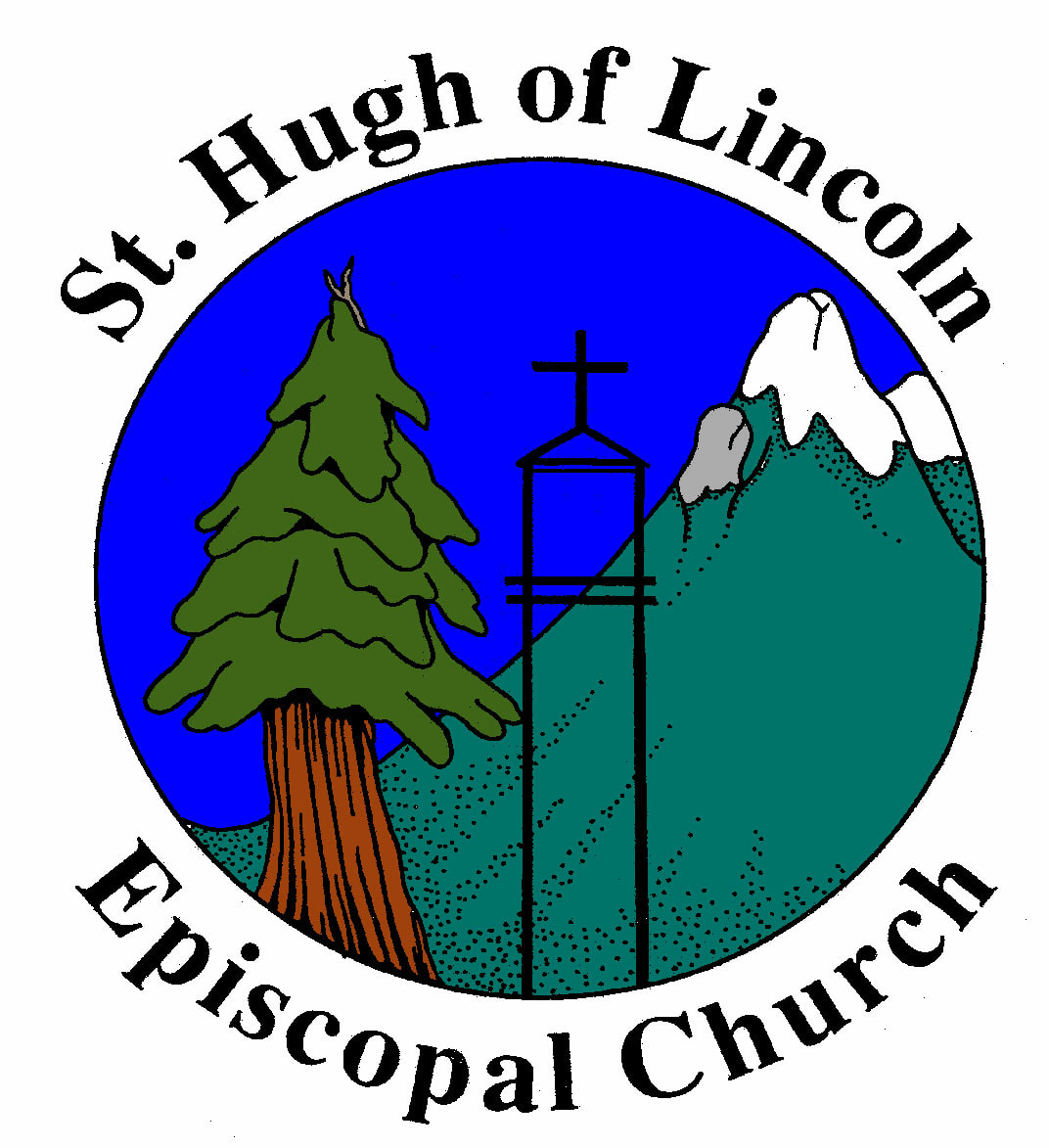Pentecost
The term means "the fiftieth day." It is used in both the OT and the NT. In the OT it refers to a feast of seven weeks known as the Feast of Weeks. It was apparently an agricultural event that focused on the harvesting of first fruits. Josephus referred to Pentecost as the fiftieth day after the first day of Passover. The term is used in the NT to refer to the coming of the Spirit on the day of Pentecost (Acts 2:1), shortly after Jesus' death, resurrection, and ascension. Christians came to understand the meaning of Pentecost in terms of the gift of the Spirit. The Pentecost event was the fulfillment of a promise which Jesus gave concerning the return of the Holy Spirit. The speaking in tongues, which was a major effect of having received the Spirit, is interpreted by some to symbolize the church's worldwide preaching. In the Christian tradition, Pentecost is now the seventh Sunday after Easter. It emphasizes that the church is understood as the body of Christ which is drawn together and given life by the Holy Spirit. Some understand Pentecost to be the origin and sending out of the church into the world. The Day of Pentecost is one of the seven principal feasts of the church year in the Episcopal Church (BCP, p. 15). The Day of Pentecost is identified by the BCP as one of the feasts that is "especially appropriate" for baptism (p. 312). The liturgical color for the feast is red. Pentecost has also been known as Whitsun or Whitsunday, a corruption of "White Sunday." This term reflects the custom by which those who were baptized at the Vigil of Pentecost would wear their white baptismal garments to church on the Day of Pentecost.
A Glossary of Episcopal Terms
A Glossary of Episcopal Terms

Ten days after Jesus ascended into heaven, the Holy Spirit descended onto Jesus’ disciples. While they were gathered in Jerusalem to celebrate the Jewish festival of Pentecost, the disciples saw flames among and on them, heard a rushing wind and began talking in many languages. As a result, the disciples were able to share the good news of Jesus in the native tongues of all the pilgrims assembled in the city.
Even today, the power of the Holy Spirit fuels the “flame” that ignites Christians’ outreach efforts. Only by the Spirit’s power can we know Christ and make him known throughout the world.
Poet William Blake (1757-1827), who’s been described as a passionate, Pentecost kind of person, wrote this poem about the Spirit’s power:
Unless the eye catch fire,
The God will not be seen.
Unless the ear catch fire,
The God will not be heard.
Unless the tongue catch fire,
The God will not be named.
Unless the heart catch fire,
The God will not be loved.
Unless the mind catch fire,
The God will not be known.
The Newsletter Newsletter, June 2014
Even today, the power of the Holy Spirit fuels the “flame” that ignites Christians’ outreach efforts. Only by the Spirit’s power can we know Christ and make him known throughout the world.
Poet William Blake (1757-1827), who’s been described as a passionate, Pentecost kind of person, wrote this poem about the Spirit’s power:
Unless the eye catch fire,
The God will not be seen.
Unless the ear catch fire,
The God will not be heard.
Unless the tongue catch fire,
The God will not be named.
Unless the heart catch fire,
The God will not be loved.
Unless the mind catch fire,
The God will not be known.
The Newsletter Newsletter, June 2014
